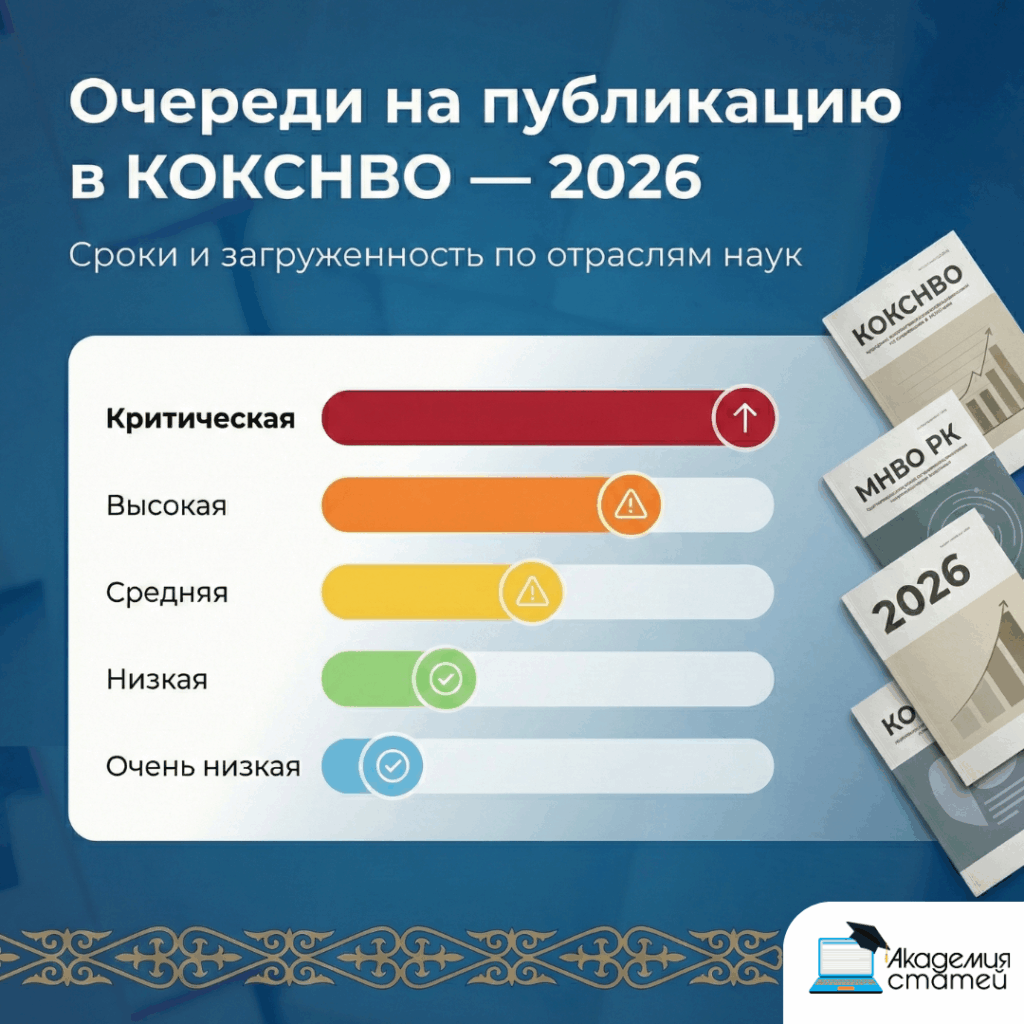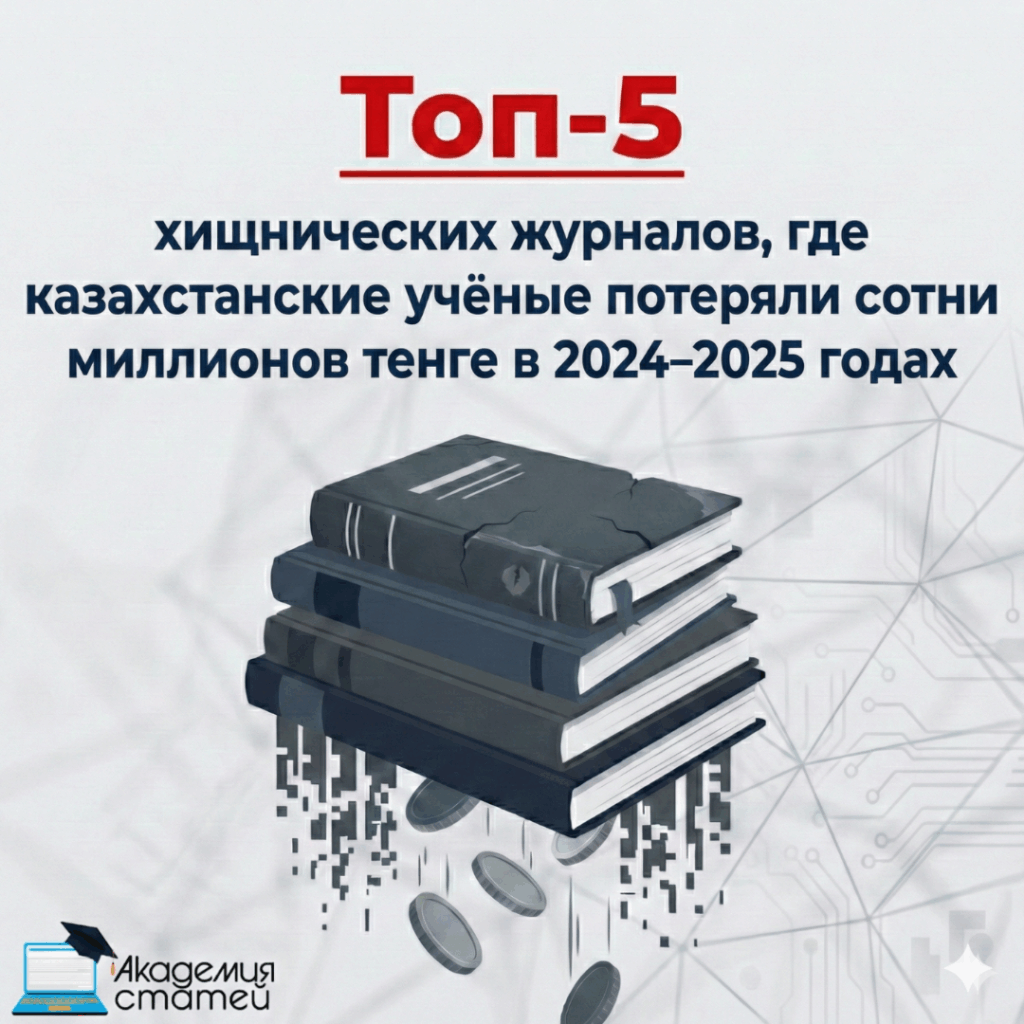These situations occur in 7 out of 10 doctoral students in Kazakhstan, and often result in dissertation rejection even for those who have already published all the required articles.
Modern requirements for PhD defense in Kazakhstan are becoming increasingly strict: the commission checks not only the presence of publications, but also the journal's indexation, percentile, relevance to the subject area, and even the accuracy of the data provided.
You can make a mistake in literally one step and the entire work will be at risk.
1. Publication in a journal excluded from Scopus or Web of Science
The most common mistake is that the article has already been accepted, but the journal loses indexing before protection.
As a result, the publication is not counted, and the doctoral student loses months of waiting and payment for the publication.
To avoid this, it is important not only check the journal's status in Scopus before sending the article, but also analyze it history and profile:
- look at these issues and articles were published earlier,
- make sure the log is valid corresponds to the topic of your dissertation,
- check if it has changed editorial policy or publisher,
- follow up frequency of releases and stability of publications.
Such a thorough check will help avoid accidental publications in publications that may lose their index or fail to meet the commission's requirements.
2. Non-core journal
The publication must comply scientific direction of the dissertation.
If the article's topic does not match the focus of the defense, the committee rejects such a publication—even if indexed in Scopus or WoS.
💡 Advice: Always check the topic and keywords of your article against the specialty code of your dissertation.
3. Violation of publication deadlines
Even if the article is published in a good journal, if the release was released after the documents were submitted, it is not automatically counted.
Keep an eye on the issue's release schedule and plan publications in advance, at least 2–3 months before submitting documents.
To avoid these mistakes and understand which journals are truly safe for publication, we invite you to a free webinar:
🎓 Guaranteed PhD protection in 2026
📅 November 19, Wednesday – 19:00 (Kazakhstan time)
You will learn:
— how to choose reliable journals that will not lose indexing;
— what percentile thresholds apply for PhD-2026 defense;
— how to avoid losing publications a month before the defense and avoid being rejected by the committee.
💡 Register for free and receive a comprehensive guide to your 2026 publishing strategy:
4. Errors in authorship and data
One misspelled letter in the last name or an incorrect ORCID - and Your article is not identified. in reports.
Be sure to check how your data appears in your Scopus profile, especially before defending it.
5. Publication in a journal with a percentile below the acceptable level
New thresholds have been established for PhD defense in 2026:
👉 not lower than 25–35 percentile Scopus or Q3 on Web of Science.
Journals with a lower percentile are no longer counted.
⚠️ Important
Even if the article is published, the commission checks it indexing, percentile, and directionality.
Discrepancy on at least one point = refusal to count publication.
Conclusion
Publication errors are becoming one of the main reasons why PhD defenses are delayed.
Doctoral students often believe that if an article is published, everything is fine. But the reality is different: the committee evaluates not only the publication itself, but a whole range of indicators—from the percentile to the journal profile.
The main rule is - never publish blindly. Check the log, consult with specialists, and stay up-to-date with current requirements.
And if you want to be sure that every publication you publish will be counted, join our webinar and find out, How to build a safe and effective publication strategy for PhD defense in 2026.







